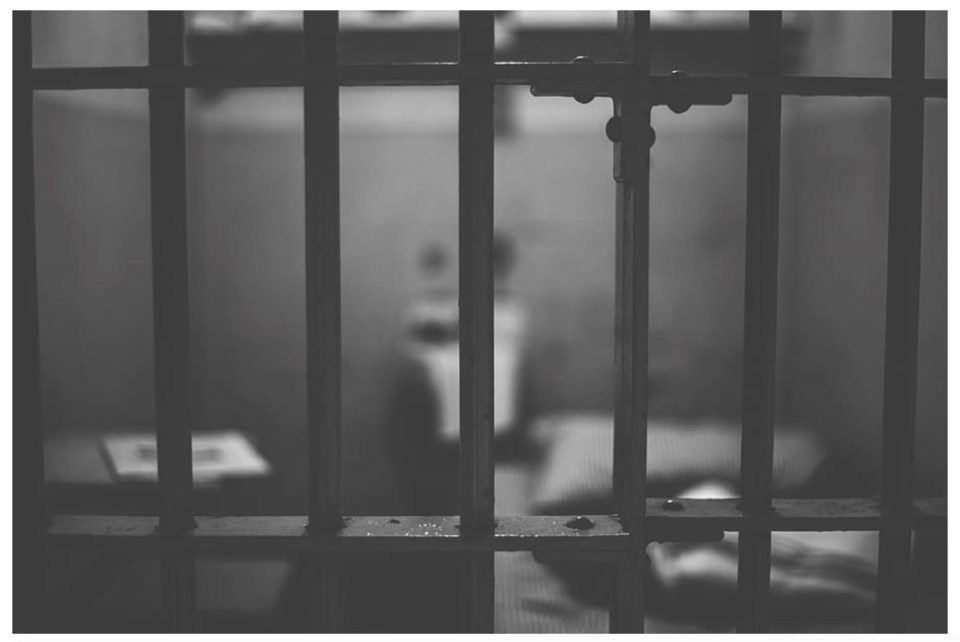THUNDER BAY — With more people in custody also suffering from mental health and addiction issues, particularly vulnerable members of the population, reforms in how health care is delivered behind bars has become a pressing issue but little is being done to create change.
Throughout the coroner’s inquest examining the circumstances surrounding the death of Moses Beaver in February 2017, the issue of mental health and access to care in remote First Nation communities and inside correctional institutions has been thrust into the spotlight.
Beaver died at the Thunder Bay Regional Health Sciences Centre after being transferred from the Thunder Bay District Jail. He had been experiencing a mental health crisis in his home community of Nibinamik First Nation and was arrested by Nishnawbe Aski Police Service and transported to Thunder Bay.
On Friday, the inquest heard testimony from Howard Sapers, a consultant who does work on correctional oversight accountability and best practices.
Sapers was an advisor on the 2017 independent review of Ontario corrections entitled: Corrections in Ontario: Directions for Reform.
According to Sapers, the province was moving from crisis to crisis at the time the report was prepared and people were out of breath trying to keep up.
“After my report in 2017 was accepted by the government, we were told direction was given to the two ministries to get their heads together and create the plan to move health care services from corrections to health,” Sapers said. “We were told that was going to move ahead as a priority — it clearly didn’t.”
The report found a high percentage of people in custody suffer from mental health disorders, including bi-polar disorder, which Beaver was diagnosed with prior to being incarcerated.
There is also a growing over-representation of Indigenous men and women in custody across Canada, which Sapers said has doubled in the last 12 years.
“I believe the disadvantage Indigenous men and women have and bring with them once they come into custody further disadvantages them while in custody,” Sapers said. “There has been a lot of effort put in to developing more culturally sensitive and safer spots but they continue to fall short.”
Statistics dating back to 2016 also show that one in three Indigenous inmates were flagged with suicide risk alerts and half of Indigenous inmates in segregation were flagged with suicide risk alerts.
Sapers did not have the most recent statistical information relating to Indigenous inmates experiencing mental health issues, but he added he “would not be surprised if those numbers only reflect that the situation has become worse.”
Past trauma experienced by the Indigenous population through colonialism, including the residential school system and the 60s scoop, Sapers believes has resulted in more Indigenous people experiencing mental health issues.
The report outlined several options for improving health care in correctional facilities, including utilizing local health integration networks or having the Ministry of Health and Long-term Care responsible for the delivery of health care.
Another option is to have a separate provincial agency all together responsible for health care delivery inside corrections.
“The idea you would have a health focused coordinating body responsible for organizing the services,” Sapers said. “But also that a census of health care needs are being done. All of the things that currently really weren’t happening in 2016, 2017, and 2018 and to a large extend still aren’t happening now.”
Saper added that reforms need to be a priority and it is important that those working within correctional institutions and those who are in custody be part of any reforms to the delivery of care, because they are the experts.
“Everything that I’ve talked about is not the result of people who don’t care about their work. Much of my perspective has been influenced of the men and women who do this health work who have shared candidly their frustrations and concerns with me. There is an appetite to do this better and do this differently,” Saper said.
“It is important to talk to the men and women who have experienced custody and how their health needs have or have not been met.”
And while health care reforms within correctional institutions are needed, it is also a matter of not criminalizing people experiencing mental health issues.
Earlier this week the inquest also heard testimony Lisa Longworth, one of two mental health leads for the Ontario Provincial Police.
Longworth spoke about the mobile crisis response team, that sees crisis workers assisting police on calls relating to mental health.
According to Longworth, there are 60 mobile crisis response teams working within the OPP and multiple municipal police services, as well as some First Nation police services in Indigenous communities.
“One of the benefits is not only diverting from health care systems, but the criminal justice system as well,” she said. “We want to make sure mental health is nor criminalized. That diversion from criminal justice is very important and diverting from emergency departments.”
But Longworth added that a lack of resources in remote communities presents many challenges with respect to providing crisis care.
“The further north we go, there are fewer resources. So we have to be open to all kinds of options when it comes to mental health supports in communities,” she said. “There needs to be more resources to provide equitable facility transfer is the safer option and less intrusive option for individuals experience acute mental health crisis.”
The inquest is scheduled to continue next week.
